Buy Abretone : Abiraterone 250 Mg Tablets 120’S Online
$165.33
Brand Name : Abretone
International Brand Name : Zytiga
Composition : Abiraterone Acetate
Manufactured by : Cadila Pharmaceuticals Ltd.
Strength : 250 mg
Form : Tablets
Packing : Pack of 120 Tablets
Prescription Required:
Abretone is a brand-name medication that contains the active ingredient Abiraterone. It is primarily used in the treatment of metastatic prostate cancer. It is classified as an androgen biosynthesis inhibitor and is typically administered orally in the form of tablets. Abretone is manufactured by Cipla Limited.
Composition:
Each Abretone tablet contains 250mg of Abiraterone as its active ingredient. The tablets also contain other inactive components such as microcrystalline cellulose, croscarmellose sodium, and magnesium stearate.
Uses:
Abretone is primarily used in the treatment of metastatic prostate cancer that has progressed despite previous treatment with medical or surgical castration. It works by inhibiting the activity of an enzyme called CYP17, which is responsible for androgen biosynthesis. Blocking this enzyme helps reduce the levels of androgens in the body, ultimately leading to a reduction in the tumor size and slowing down disease progression
Usage and Dosage:
Abretone is administered orally, typically in the form of tablets, and should only be taken under the guidance of a healthcare provider. The dosage and duration of treatment depend on several factors, including the patient’s weight, medical history, and response to the medication. Typically, the recommended dosage is One Abretone 250mg tablet to be taken orally once daily, on an empty stomach, at least one hour before or at least two hours after eating. Do not crush or chew the tablet. Additional doses may be administered as deemed necessary by the treating healthcare provider.
Storage Conditions:
Abretone tablets should be stored at controlled room temperature (between 20°C and 25°C / 68°F and 77°F) in a dry place, away from sunlight, moisture, and children’s reach.
Mechanism of Action:
Abiraterone, the active ingredient in Abretone, is an androgen biosynthesis inhibitor that works by inhibiting an enzyme called CYP17, which is responsible for androgen biosynthesis. By blocking this enzyme, Abiraterone reduces the levels of androgens, including testosterone, in the body that can cause prostate cancer growth and progression. Ultimately, this leads to a reduction in the size of the tumor and a slowing of the disease progression.
Contraindications:
Abretone is contraindicated in patients with a known hypersensitivity to Abiraterone or any other component of the medication. It is also not recommended in patients with severe liver impairment or high blood pressure. Abretone should be used with caution in patients with cardiovascular disease or those at risk of developing heart failure. It is important to discuss any pre-existing medical conditions, medications, or allergies with the treating healthcare provider before starting Abretone.
Interactions:
Abretone may interact with certain medications, potentially altering their effectiveness or increasing the risk of adverse effects. It is important to inform the treating healthcare provider about all current medications, including prescription drugs, over-the-counter medications, and herbal supplements. Medications that may interact with Abretone include corticosteroids, antifungal medications, and certain antidepressants, among others.
Adverse Reactions:
Like all medications, Abretone can cause adverse reactions in some individuals. The most common side effects include fatigue, joint pain, hot flashes, and nausea. Other less common side effects may include hypertension, hepatotoxicity, and fluid retention. It is important to promptly report any side effects to the treating healthcare provider for appropriate management.
Conclusion:
Abretone, containing Abiraterone 250 mg tablets, is a widely used medication for the treatment of metastatic prostate cancer. Proper usage, dosage, and adherence to storage conditions are crucial to ensure its effectiveness. Before starting Abretone, it is important to discuss any pre-existing medical conditions, allergies, or medications with the treating healthcare provider. Regular follow-up appointments and monitoring are essential to manage any potential adverse reactions or interactions.
Be the first to review “Buy Abretone : Abiraterone 250 Mg Tablets 120’S Online” Cancel reply
Related products
Anti Cancer
Anti Cancer
Anti Cancer
Anti Cancer
Anti Cancer


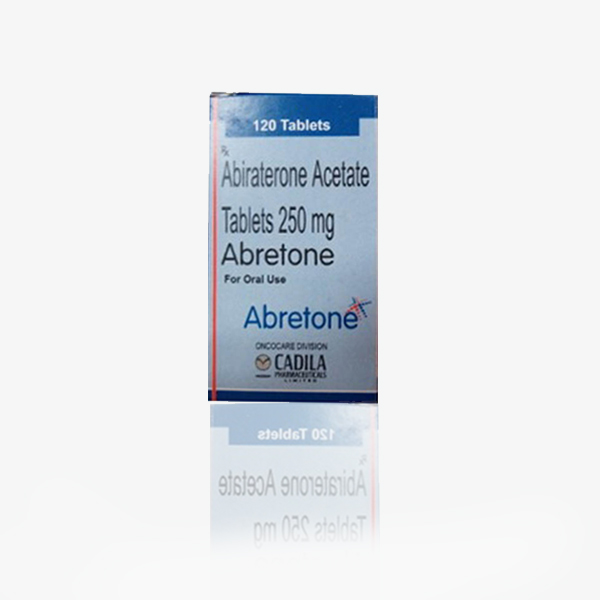


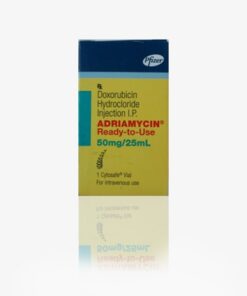
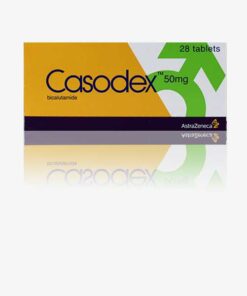

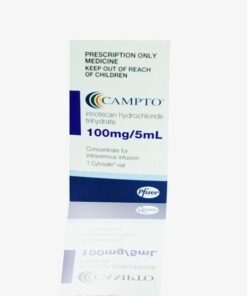
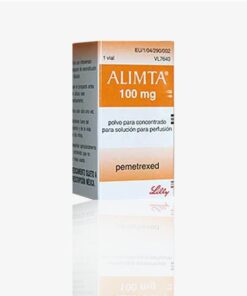
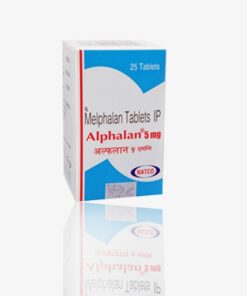
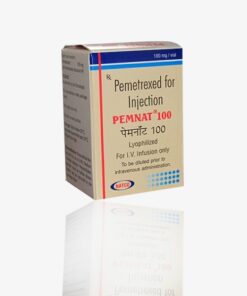
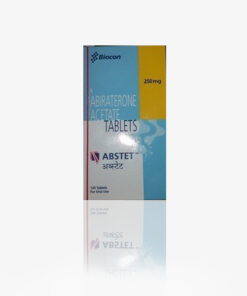
Reviews
There are no reviews yet.